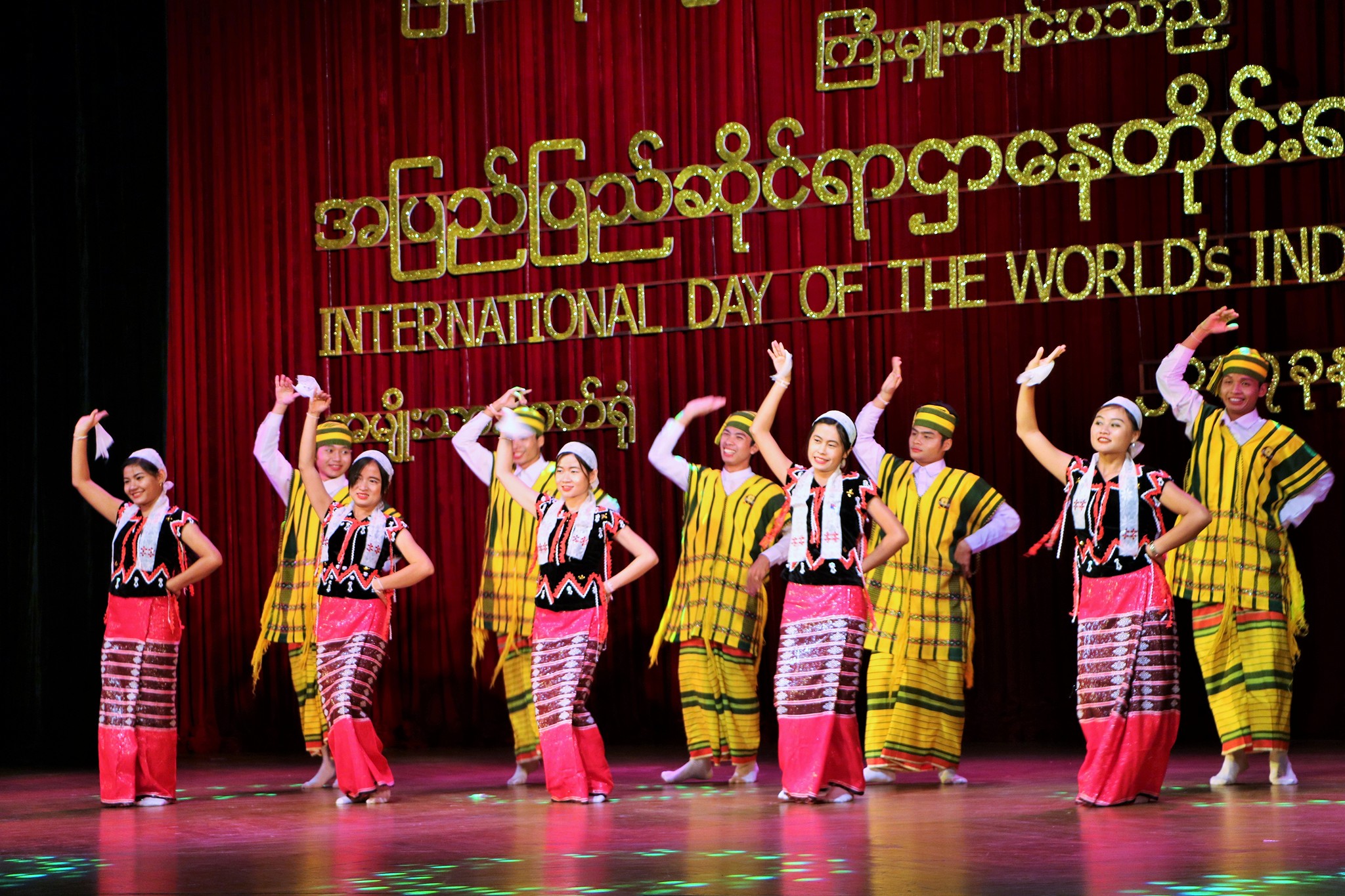Guest contributor
Moe Gyo
Myanmar’s ethnic nationalities have riches in natural resources, labor resources, and data resources, yet remain poor due to the exploitation of these resources by business cronies, warlords, the Burma Army, foreign, and research capitalists. Moreover, this “resource curse” has led to a decades-long conflict and environmental degradation, not to mention the loss of lives, lands, and livelihoods.
While the “mining” of the natural resources from Myanmar’s ethnic homelands and that of the labor resources from their bodies receives attention, little or no mention is made of the “mining” of the data resources from their minds for the self-serving appropriation of profits, value, and other benefits by research capitalists.
These “research miners” are university degree seekers, scholars, research institutes, think tanks, media, international development and humanitarian assistance organizations. However, all three types of resource exploitation deserve immediate attention and remediation.
Exploitative Mining of Natural Resources
The ethnic homelands of Myanmar are resource rich in natural resources of rare earth, precious, base, and other metals (gold, silver, lead, tin, tungsten, copper, zinc, nickel, chromium, etc.), energy sources (mainly coal and gas), gems (jade, rubies, sapphires, diamonds, etc.), timber and forest products, fish, hydropower, fertile lands, etc.
Natural resource exploiters mine these from the lands of these people and selfishly convert them into profits, value, and other benefits for themselves, and as a result, leave little to nothing for the people living in the areas of natural resource extraction.
Natural resource exploitation has resulted in:
- Illegal “land grabs”/confiscation of land with little or no compensation
- Destruction of agricultural plantations and local farms
- Severe ecological damage
- Deterioration and loss of biodiversity
- Habitat fragmentation
- Landslides
- Polluted water/waterways
- Water scarcity
- Surge in health problems
- Fueling and prolonging of armed conflict
- Human rights’ violations
- Loss of lives and livelihoods
- Forced displacements
- Loss of food security
- Bribery and corruption
Exploitative “Mining” of Labor Resources
The ethnic homelands of Myanmar are rich in low-cost labor resources for agriculture, factory production, hotel cleaning, bonded labor, garbage collecting, casino scamming, construction work, seafood fishing/farming/processing, forced marriages, sexual exploitation, domestic work/servitude, forced street hawking/begging, military portering, etc.
Labor resource exploiters “mine” these labor resources from the bodies and hands of these people, and selfishly convert them into profits, value, and other benefits, and as a result, leave little to nothing to them.
Labor resource exploitation, in Myanmar itself and Asian countries, has resulted in:
- Job-related injuries, sickness, and deaths
- Forced and indentured labor
- Confiscation of identification documents by employers
- Curtailments of the freedom of movement outside the work site
- Dependence upon employers for work, transportation, and accommodations
- Accommodations in unsanitary and unsuitable places
- Work in dirty, degrading, and dangerous jobs and conditions
- Lack of adequate protective equipment
- Working excessive hours over long periods
- Few or no days off
- Payments of meager subsistence wages or the withholding of wages
- Insults, ethnicity discrimination, abuse, threats, physical assaults, and sexual abuse
- Bribery and corruption
Exploitative “Mining” of Data Resources
The ethnic homelands of Myanmar are also rich in data resources in respect to tropical diseases, internally displaced persons, refugees, trafficking, labor exploitation, migrant labor, varied ethnicities, social issues, political turmoil, religious differences, armed conflict, crime, natural resource exploitation, human rights’ violations, nonviolent struggle movements, etc.
Data resource exploiters “mine” these resources from the minds of these ethnic nationalities through conversation/interviews, surveys, correspondence, and observations, and selfishly convert them into university degrees and tenure, curriculum vitae/resume citations, books and professional articles, conferences, grants/other funding, and other personal benefits and as a result, leave little to nothing to these people living in the areas of the data resource extractions.
Data resource exploitation, in Myanmar itself and bordering Asian countries, can result in:
- Emotional trauma and stress
- Shame, embarrassment, humiliation, and guilt
- Invasion of privacy
- Exposure to human rights’ violations
- Disrespect for local culture and traditions
- Failure of transparency of research aims
- Absence of benefits to the subjects, or their community and country
- Lack of development of local ethnic researchers
The old order is now melting and presents a generational opportunity for change as a result of the 2021 military coup. Myanmar’s ethnic nationalities must seize this moment to not only reclaim sovereignty over their lands and the labor of their bodies, but also sovereignty over the rich data resources of their minds.
Now is the time to engage in these struggles by them to rise up and reshape the societal order in Myanmar for an equitable distribution of the profits, value, and other benefits from their natural, labor, and data resources, and to end the adverse effects of this resource exploitation. This must be done before it refreezes with the natural, labor and data resources remaining solely in the hands of the exploiters.
—
Moe Gyo is a political consultant and strategist working on the Thailand-Myanmar border.
DVB publishes a diversity of opinions that does not reflect DVB editorial policy. We’d like to hear what you think about this or any of our stories: [email protected]



